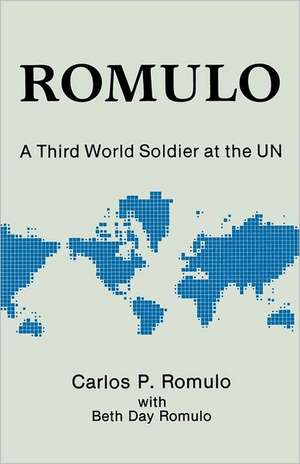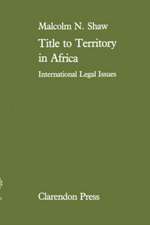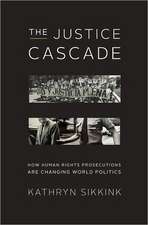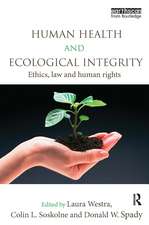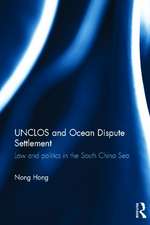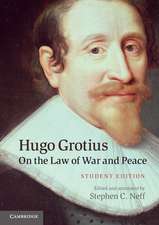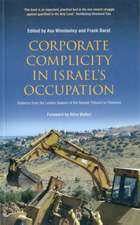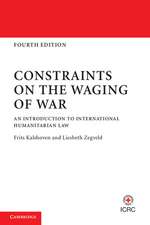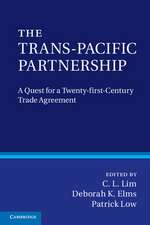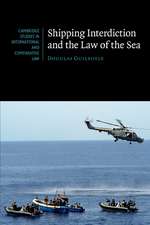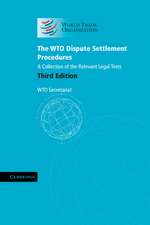Romulo: A Third World Soldier at the Un
Autor Carlos P. Romulo, Beth Day Romuloen Limba Engleză Paperback – 30 apr 1987
In this valuable memoir, Gen. Carlos P. Romulo (1899-1985), the Philippine war hero and impassioned diplomat who was one of the signers of the United Nations Charter in 1945, re-creates the heady spirit of the early days of the United Nations. . . . A leading spokesman for newly independent third world countries, he lobbied successfully to get the right of colonial countries to independence included in the Charter. "The New York Times Book Review"
In his fascinating volume, Carlos P. Romulo, retired Foreign Minister of the Philippines and first Asian President of the United Nations, describes the development of that organization from its founding in San Francisco in 1945, when he signed its charter, to his farewell speech to the General Assembly in the fall of 1983. Related in the form of personal memories and impressions, the facts and dates in his narrative have been thoroughly checked and corroborated by his wife and co-author so that they blend integrally with the broader fabric of United Nations history. Not only is this a personal memoir but also an accurate and valuable historical account of a critical period in the history of the world. The volume will certainly be of immense interest to readers concerned with the conduct of international diplomacy, East-West relations, or relations with Third World countries.
Preț: 177.66 lei
Preț vechi: 257.32 lei
-31% Nou
33.99€ • 35.49$ • 28.14£
Carte tipărită la comandă
Livrare economică 04-18 aprilie
Specificații
ISBN-10: 0275927296
Pagini: 239
Dimensiuni: 140 x 216 x 13 mm
Greutate: 0.29 kg
Ediția:Revised
Editura: Praeger
Descriere
In his fascinating volume, Carlos P. Romulo, retired Foreign Minister of the Philippines and first Asian President of the United Nations, describes the development of that organization from its founding in San Francisco in 1945, when he signed its charter, to his farewell speech to the General Assembly in the fall of 1983. Related in the form of personal memories and impressions, the facts and dates in his narrative have been thoroughly checked and corroborated by his wife and co-author so that they blend integrally with the broader fabric of United Nations history. Not only is this a personal memoir but also an accurate and valuable historical account of a critical period in the history of the world. The volume will certainly be of immense interest to readers concerned with the conduct of international diplomacy, East-West relations, or relations with Third World countries.
